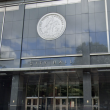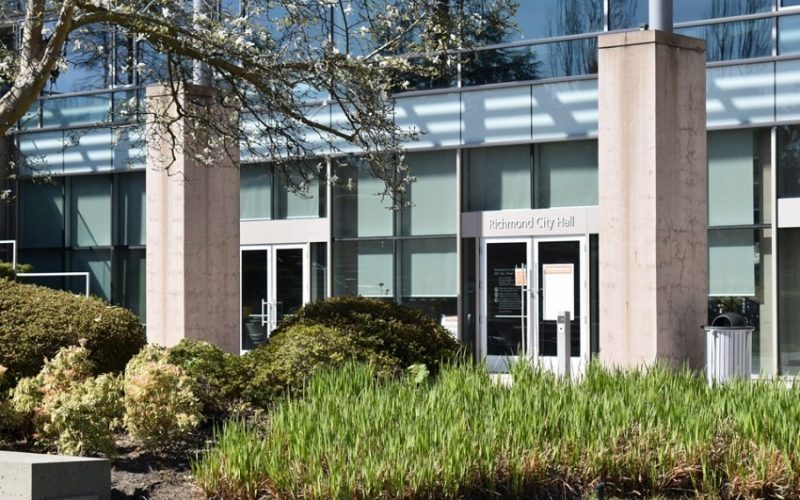Richmond, VA – Property owners in Richmond are facing the prospect of a 5.68% increase in municipal taxes for the year 2025, a rise that could add an average of $128 to the annual tax bill for a typical single-family household valued at $1.3 million. The proposed tax hike is set to be reviewed and potentially approved by Richmond’s city council during its upcoming meeting on Monday, where the operating and capital budgets will be discussed.
The increase in taxes is driven by several key factors, including new union contracts, the expansion of community safety staff, and higher operating costs. Notably, the city is looking to add 10 new positions to enhance public safety, including six new RCMP officers, two municipal staff to support them, and two new fire captains. These additions are expected to cost the city nearly $1.8 million, contributing to a budget increase of more than half a percent.
In addition to the increased staffing costs, the city is facing a rise in fees from E-Comm, the emergency communications service, which has seen a $800,000 increase. Another significant budgetary challenge is the higher-than-expected union wage settlements. Last year, city workers were given a 4.5% wage increase—1% higher than the budgeted 3.5%. For 2025, a 4% wage increase is planned for the city’s inside and outside workers. Furthermore, changes to collective agreements—such as adjustments to health benefits, shift premiums, and tool allowances—are expected to add $2.3 million in retroactive payments.
Meanwhile, the city’s gaming revenues have been on the decline. Richmond receives 10% of the net revenues from River Rock Casino, but this year’s budget anticipates a $1 million shortfall compared to last year. Before the pandemic, gaming revenues had been a significant source of income for the city, contributing approximately $14.5 million annually. In 2025, however, the city expects to receive only $11.5 million, down from an initial projection of $12.5 million.
To mitigate the impact of the tax increase, city staff have suggested using $2 million from the city’s “rate stabilization account,” a reserve fund containing unused taxes from previous years. This move is expected to reduce the overall tax hike by 0.65%, helping to ease the financial burden on property owners.
As the council prepares to deliberate on the proposed budget, Richmond residents will be closely watching how these fiscal decisions will impact their property taxes in the year ahead.











